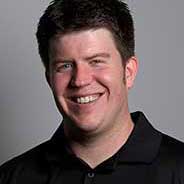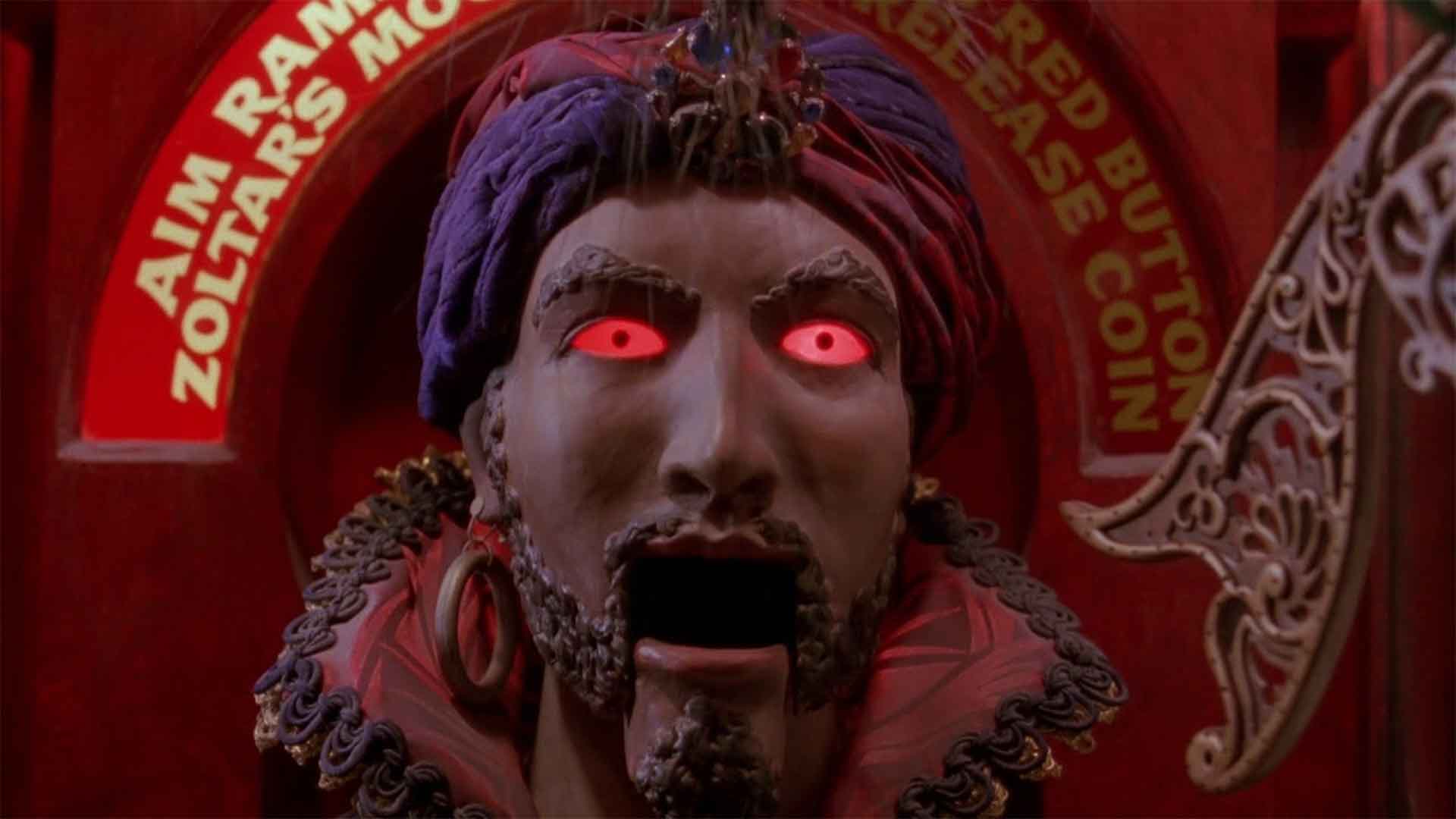Then He added, "Truly I tell you, no prophet is accepted in his hometown." <br/>- Luke 4:24
When I worked as a DevOps Consultant (we called it something else back then), my job was to evangelize better development practices and better software process. Continuous integration, continuous delivery, iterative development, automated testing, and environmental deployment are just some of the practices we (along with many others) promoted way back when that have since become widely accepted.
Every company I visited was dealing with different challenges based on their maturity, culture, and leadership. Some struggled to manage work. Some struggled to manage quality.
At one client, they struggled with both. They needed to improve in all facets and quickly. They explained how they were currently building software, managing work, and managing releases. They explained their specific challenges. I digested what they said and outlined a vision for improvement.
Everything I presented was boilerplate process improvement 101, but to them it was an epiphany. They quickly committed to take action and implement my recommendations.
During a break, one of their developers asked if we could chat. "I really appreciate that you are here. We need to get better and I'm excited the team is moving forward with your recommendations", he began.
"But there's something I don't understand. I've been saying the same things you said for months. But they never listened. You didn't say it any different than I did. What was I doing wrong?"
I immediately sympathized because I'd been in his shoes. I'd been the person who was ignored, but now suddenly everything I said was the best idea ever. Why? What was different?

Maybe it was because I was credentialed and he was not. Maybe it was because I was certified and he was not. Or maybe it was just because I was the supposed authority and he was not. But if we were saying the same things, why did any of that matter?
His problem was familiarity. Everyone on his team knew he had flaws. They knew he'd been wrong at some point or another. They knew he'd made mistakes and was likely to make more. His clout was determined more by his weaknesses than his strengths.
If I'd hung around long enough, I'd have been in the same situation. The teams that held me in such esteem would find out I wasn't a prophet. They'd find out I had flaws. They'd find out I make mistakes. They might even find out I wasn't as smart or insightful as the voices they'd already ignored.
Good ideas are good ideas no matter where they come from. While an outside voice from some consultant or author or speaker can be handy when you need objectivity or specific experience, the best ideas on how to make better software should come from the team you've built. Don't let your biases prevent you from hearing it.

